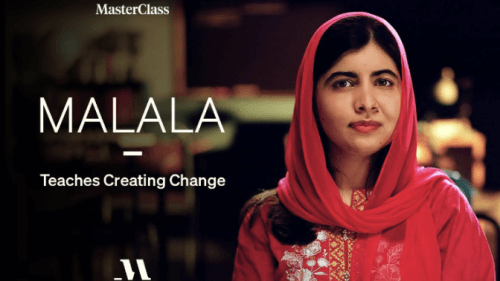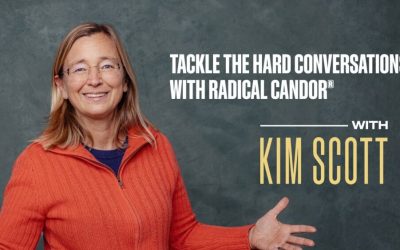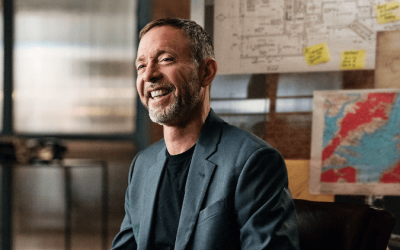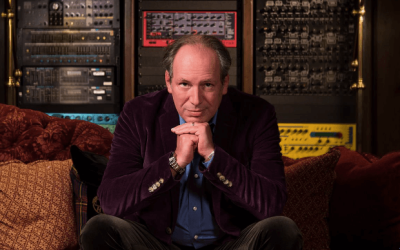Nobel Prize–winning activist Malala teaches you how to be an activist in your own community, from research and strategy to action and impact.
File Size: 5 GB
Malala Yousafzai – MasterClass – Teaches Creating Change

When she first took a stand, Malala simply acted on her belief that all Pakistani girls like her had a right to education. Now the youngest Nobel Peace Prize laureate in history teaches you how to fight injustice in the world and in your everyday life, starting with your own community. Learn Malala’s framework for influencing change: Research issues, build a strategy, take action, and create an impact right where you are.
Browse Lesson Plan
1. Meet Your Instructor
Meet Malala, the world’s youngest Nobel Peace Prize Laureate and girls’ education activist from Pakistan who has been fighting for children’s rights for more than a decade.
2. Every Action Matters
You don’t have to be a global icon to start advocating for causes you care about. Malala highlights small actions you can take that will contribute to your cause in impactful ways.
3. Determining Your Values
You know in your heart what you stand for—you just have to find it. Learn how Malala looks to both her heritage and her future aspirations to inform the values she holds true.
4. Malala’s Advocacy Skills
Malala shares the skills that have strengthened her advocacy work. Learn how to use talents you already have to gain more traction in your own advocacy. She also walks you through the four-stage framework she used to carry out her campaigns.
5. Doing Your Research
Malala talks with Lewis Iwu, her advocacy adviser and cofounder of Purpose Union, about the importance of research. They also teach you the Problem Tree exercise to get to the root of your problem—the first stage in Malala’s advocacy cycle.
6. Setting Your Goals
In a follow-up conversation, Malala and Lewis expand on how you can set actionable goals, using the research you’ve done, with the SMART Goals
7. Identifying Your Strategy
For the next stage of Malala’s advocacy cycle, she and Lewis break down what a strong strategy looks like and show you how to build an effective plan to carry out your mission using the Critical Path exercise.
8. Framing Your Argument
In their final conversation, Malala and Lewis discuss the importance of a strong argument and why it’s necessary to have multiple arguments prepared for various audiences you may be addressing.
9. Speaking Up
Malala is inspired by the voices of the past that have made change happen. Hear how speeches play an important role in her work and why you should always consider the audience receiving your message.
10. Starting at the Local Level
If you’re advocating for a cause that affects your community, you should reflect the views of your community. Malala shares ways to connect with those experiencing an issue firsthand and how a personal perspective can influence decision-makers.
11. Taking Action
Building up to the third stage of Malala’s advocacy cycle, meet Amika George as she and Malala talk about the #FreePeriods campaign that Amika led successfully. Learn how to get your mission moving through petitions, protests, and legislation.
12. Collaboration and Messaging
Every action leads to impact—but you must think critically to assess the difference you’re making. Malala and Amika talk about the impact of the #FreePeriods campaign and what you need to consider when it comes to tracking your own progress.
13. Making an Impact
In the final conversation with Amika, Malala discusses the collaborative partnerships and types of messages that Amika used to achieve her campaign goals.
14. Taking Care of Yourself
Advocating on behalf of others is motivating work, but it’s still important to consider your own needs. Learn how Malala remains confident and deals with burnout, so that you can keep your advocacy work and personal life in a sustainable balance.
15. Moving Forward
Peace is Malala’s ultimate goal, and hope is what keeps her going. She encourages you to be inspired about the future and keep going to make your advocacy dreams a reality—for yourself and for future generations.
Course Features
- Lectures 0
- Quizzes 0
- Duration 10 weeks
- Skill level All levels
- Language English
- Students 157
- Assessments Yes





